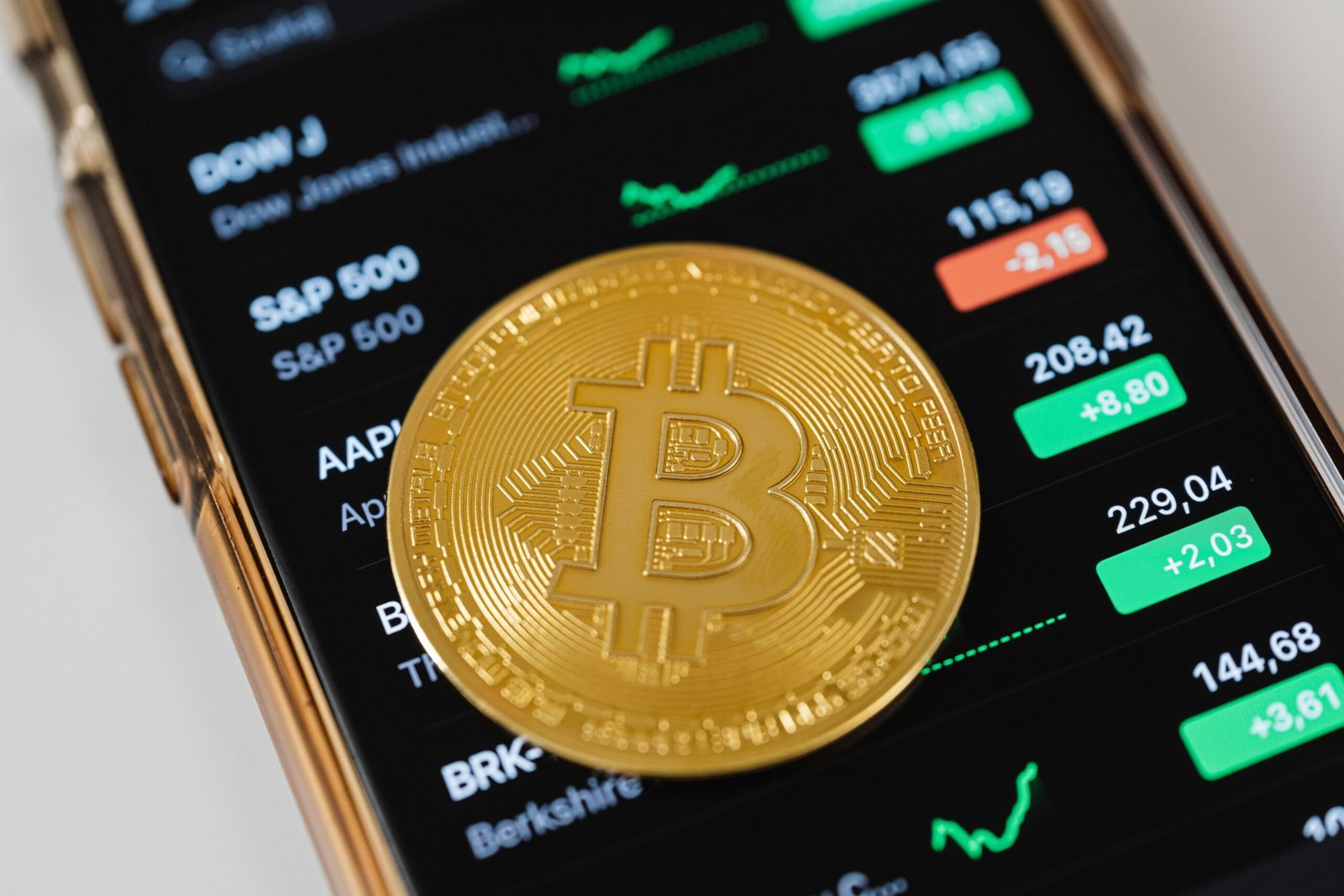Have you ever wondered what a smart contract is and how it’s transforming the world around us? This digital age phenomenon is revolutionizing the way agreements and transactions are executed, offering a glimpse into the future of technology-driven interactions. Let’s unravel the intricacies of smart contracts and explore how you might even discover trending new coins before they make their debut.
What Is a Smart Contract?
A smart contract is a self-executing contract with the terms of the agreement directly written into lines of code. These contracts exist on a blockchain network, typically Ethereum, which provides a decentralized platform for executing scripts without intermediaries or legal oversight. Smart contracts automatically enforce and verify the contractual obligations, ensuring transparency and security.
How Do Smart Contracts Work?
At the core, smart contracts function through a series of “if this, then that” conditions. When specific predetermined conditions are met, the contract executes itself automatically. This eliminates the need for a middleman, such as a lawyer or broker, to enforce the terms. Instead, the code acts as the trusted entity, ensuring all parties adhere to the agreed conditions.
Imagine you’re involved in a transaction where you wish to send funds to a friend once they complete a task. A smart contract handles this flawlessly. As soon as the task is verified as complete, the contract triggers the transfer of funds. No need for banks or legal paperwork, significantly reducing the time and cost associated with traditional contracts.
Key Features of Smart Contracts
Smart contracts boast several advantages that make them appealing for various use cases:
Automation: Once set, smart contracts execute actions automatically when conditions are met, eliminating manual intervention.
Transparency: The code and conditions are visible and immutable on the blockchain, allowing all parties to verify them easily.
Immutable Record: Once deployed, the contract cannot be altered. This ensures agreements are adhered to without post-execution changes.
Trust: As intermediaries are removed from the equation, trust is established not through a third party but through code itself.
Cost-Effectiveness: Without the need for middlemen, transaction costs are significantly reduced, making smart contracts an economical alternative.
Real-world Applications
Smart contracts are employed in various industries, streamlining processes and enhancing efficiencies. Here are a few sectors where they’re making a substantial impact:
Finance: Smart contracts facilitate seamless transactions, automate payments, and enable secure lending and borrowing on decentralized finance platforms (DeFi).
Supply Chain: By automating tracking and verifying the origins of products, smart contracts enhance transparency and reduce fraud in procurement processes.
Real Estate: Property sales can be streamlined by encoding sales agreements into smart contracts, ensuring quick and secure transfers without the need for brokers.
Healthcare: Patient records can be managed securely with smart contracts, ensuring data privacy while allowing authorized entities access anytime.
Limitations and Challenges
While promising, smart contracts aren’t without their challenges. Understanding these limitations is crucial for adopting and utilizing them effectively:
Coding Errors: Since smart contracts are irreversible after deployment, coding errors can be catastrophic. An oversight in the code can lead to significant financial losses.
Scalability: As blockchain networks grow, scaling smart contracts to handle increased demand can be challenging. This can lead to slower transaction times and higher fees.
Legal Recognition: Not all jurisdictions recognize smart contracts as legally binding, leading to potential complications in enforcing agreements.
Security Concerns: While blockchain is relatively secure, vulnerabilities in the contract code can lead to malicious exploits, compromising the integrity of the contract.
How to Create a Smart Contract
Creating a smart contract doesn’t require advanced technical skills but does entail some understanding of programming and blockchain technology. Here are the basic steps to get started:
Define the Purpose: Clearly outline what you intend the contract to achieve, including the conditions that need to be met for it to execute.
Choose a Platform: Decide on a blockchain platform. Ethereum is a popular choice due to its solid smart contract protocols and robust developer community.
Write the Code: Use a programming language like Solidity to draft your contract. This involves setting up the conditions and outcomes for the contract’s execution.
Test the Contract: Before deploying, thoroughly test your contract using test networks to identify any potential flaws or bugs.
Deploy on the Blockchain: Once you’re confident the contract is functioning correctly, deploy it on your chosen blockchain, making it live and immutable.

Finding Trending New Coins Before They Launch
Keeping an eye on new cryptocurrencies before they hit the market can be quite rewarding. With smart contracts, you can potentially automate your funding processes and get in early on promising projects. Here’s how you can track and potentially invest in trending new coins:
Research and Analysis
Knowing where to look and what to look for is pivotal to identifying coins with potential. Here are some effective strategies:
Social Media and Forums: Platforms like Twitter, Reddit, and Discord are gold mines for crypto enthusiasts. Follow prominent crypto personalities and join discussions to keep abreast of new developments.
ICO and IDO Calendars: Initial Coin Offerings (ICO) and Initial DEX Offerings (IDO) calendars provide lists of upcoming launches, offering insights into coins that are about to hit the market.
Crypto News Websites: Websites like CoinDesk, CoinTelegraph, and CryptoSlate regularly feature stories about upcoming crypto initiatives and trends.
Technical Analysis
Get into the technical nitty-gritty and assess the potential of new coins with some technical know-how:
White Papers: Review the project’s white paper thoroughly. It outlines the problem the coin aims to solve, its use case, and technical specifications.
Development Team: Research the team behind the project. Experienced and reputable developers tend to lead successful projects.
Community Support: A strong community often indicates a healthy and promising project. Engage with the community to gauge sentiment and early feedback.
Utilizing Smart Contracts for Early Investments
Smart contracts can be used effectively to automate investments and ensure participation in new coin launches. Here’s how:
Automated Transactions: Set up a smart contract to automatically invest in a new coin at launch if certain price conditions are met.
Secure Voting: Participate in DeFi token votes using smart contracts for seamless and secure execution of governance tokens.
Escrow Services: Employ smart contracts to offer escrow services, safeguarding your funds during peer-to-peer trades until all conditions of the launch are met.
Risk Management
Getting involved with new coins can be lucrative, but it carries risks. Here’s how to manage them:
Diversification: Don’t invest all your resources into a single project. Spread investments across different coins to mitigate risk.
Stay Updated: Cryptocurrency markets move quickly, so it’s critical to stay informed about any changes or updates in projects you’re invested in.
Security Best Practices: Use secure and trusted wallets and platforms to avoid falling victim to scams and hacks.
The Future of Smart Contracts and New Coins
Smart contracts continue to find new use cases and innovations, propelling the cryptocurrency industry forward. As technology advances, you can expect these tools to become more sophisticated, with enhanced features and greater adoption across different sectors.
Cryptocurrencies are ripe with opportunities and risks, but with a little knowledge, technical understanding, and strategic foresight, you can navigate this exciting landscape more confidently. Smart contracts are set to be integral in both current and future technological advancements, shaping how we interact with digital economies.
Through a combination of smart contract technology and an understanding of the crypto market’s dynamics, you can position yourself to leverage the ever-evolving world of digital currencies. Who knows, your next venture might be right around the corner, rooted in a smart contract that you understood and trusted.

